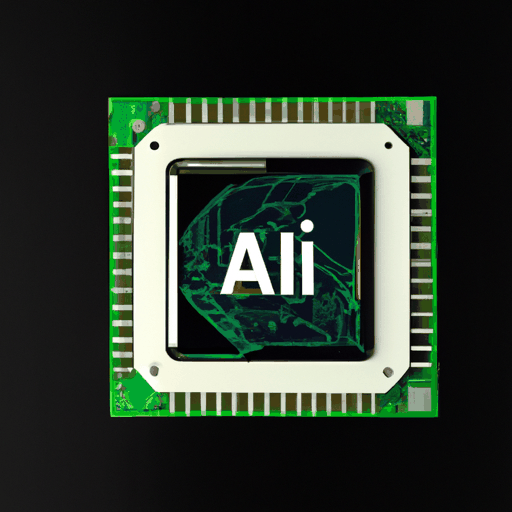
Microsoft and OpenAI Unveil Advanced AI Chip 'Maia', Chinese 'Yi' Outstrips It In Capacity
By: Eliza Bennet
In a notable collaboration between Microsoft and OpenAI, the tech giants have announced the development of their new AI chip 'Maia'. This high-performance chip, also known as the Azure Maia 100 AI Accelerator, is specifically designed to power artificial intelligence applications, including generative AI. Optimized at the silicon level, the Maia chip is expected to support more capable AI models while ensuring affordable access. The Maia and Cobalt chips are slated for introduction in Microsoft's data centers early 2024.
Meanwhile, on the other side of the globe, news regarding strides in the development of AI capabilities in China are shaking things up. A new AI model known as the 'Yi series' boasts twice the capacity of its American counterparts, by some measures, placing it well ahead in the AI evolution race.
The AI industry is witnessing rapid advances in chip developments. Nvidia currently positions itself at the forefront with its H100 Tensor Core GPU chips, widely adopted across the AI industry. Microsoft is expanding its partnerships aiming to give access to Nvidia's H100 and upcoming H200 chips beneficiaries. However, the chip shortage has provided an opportunity for alternative producers to extend their market footprint. OpenAI is even exploring possibilities of in-house chip production to overcome global chip shortages.



